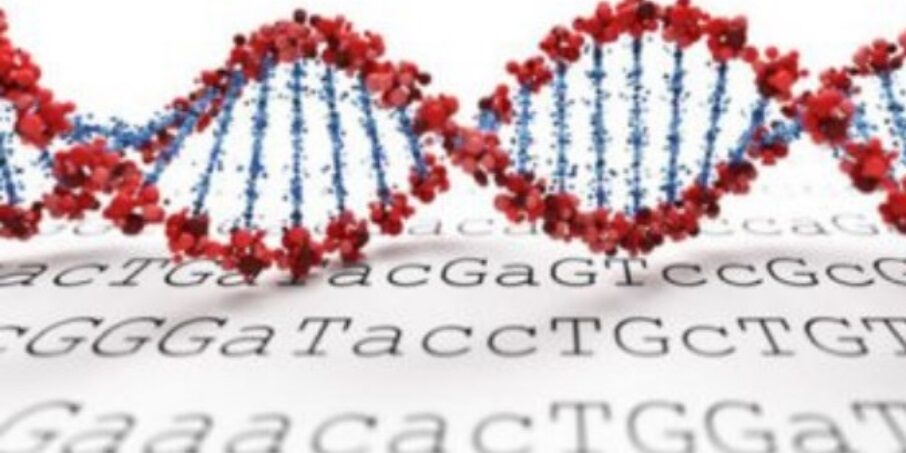
Introducing the WFH Gene Therapy Registry
The new registry will enhance knowledge of gene therapy and help keep patients safe.
The World Federation of Hemophilia (WFH) is a nonprofit organization dedicated to improving and sustaining care for people with inherited bleeding disorders around the world. Over the next few years, several new therapies will revolutionize the treatment landscape, leading to new opportunities but also potentially greater disparities. The WFH has a responsibility to promote research and to advocate for more equitable access to novel therapies.
The WFH Gene Therapy Registry (GTR) is a global initiative aimed at collecting long-term data on people with hemophilia who receive gene therapy. The data will enhance our understanding of gene therapy and ensure the hemophilia community has access to timely evidence on the long-term safety and efficacy of gene therapy.
As the likely first approval of a gene therapy product for hemophilia approaches, it is important to consider the long-term impacts on patients. The number of people with hemophilia who receive gene therapy may be limited at first — and dispersed over many countries — making it a challenge to identify outcome patterns and compare individual patient outcomes in a meaningful way.
By pooling data from all countries, the WFH GTR will make it easier to perform robust evaluation of safety events and establish the durability of gene therapy. In this way, the registry is the best approach to ensuring that rare adverse events are detected, even in smaller and geographically dispersed populations.
“Gene therapy has the potential to change the lives of many people with hemophilia,” explains WFH CEO Alain Baumann. “The WFH GTR is an efficient and powerful way to help gather the data that researchers and clinicians will need to monitor the efficacy and safety of gene therapy globally.”
The WFH GTR is an online system that collects uniform and standardized data on all patients who receive gene therapy, either via a clinical trial or via a gene therapy product after its approval. The core data set was developed by a multistakeholder steering committee and is available online. Data will be directly entered by centers participating with the GTR, and indirectly added through WFH’s Gene Therapy Data Integration Program, which allows existing registries to link with the WFH GTR, thus eliminating data entry duplication.
Patient safety is a shared responsibility. All people with hemophilia who have received gene therapy or who receive it in the future can participate in the WFH GTR regardless of where they are in their treatment process. The WFH looks forward to working with the hemophilia treatment centers and national hemophilia registries that will take part in this global initiative.
A Collaborative Effort
The WFH GTR was developed in collaboration with the American Thrombosis and Hemostasis Network, the European Association for Haemophilia and Allied Disorders, the European Haemophilia Consortium, the International Society on Thrombosis and Haemostasis, the National Hemophilia Foundation, and industry gene therapy development partners and regulatory liaisons.
The WFH GTR is supported by exclusive funding from the following generous sponsors:
Founding visionary partners
BioMarin Pharmaceutical Inc.
CSL Behring
Pfizer
Spark Therapeutics
Collaborating partner
Takeda
Source: National Hemophilia Foundation, Hemaware (from: World Federation of Hemophilia)